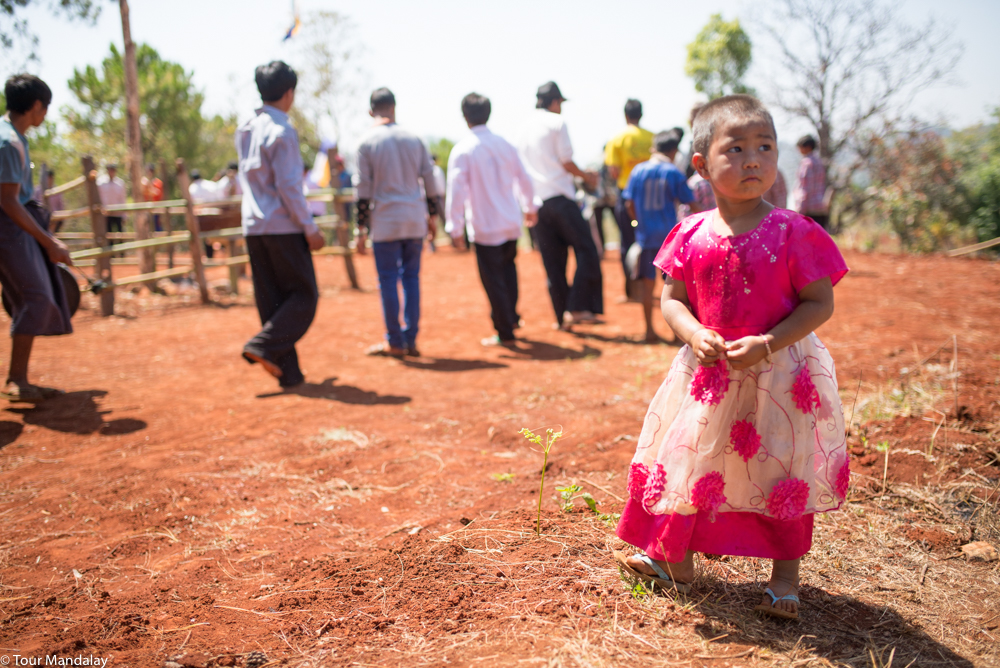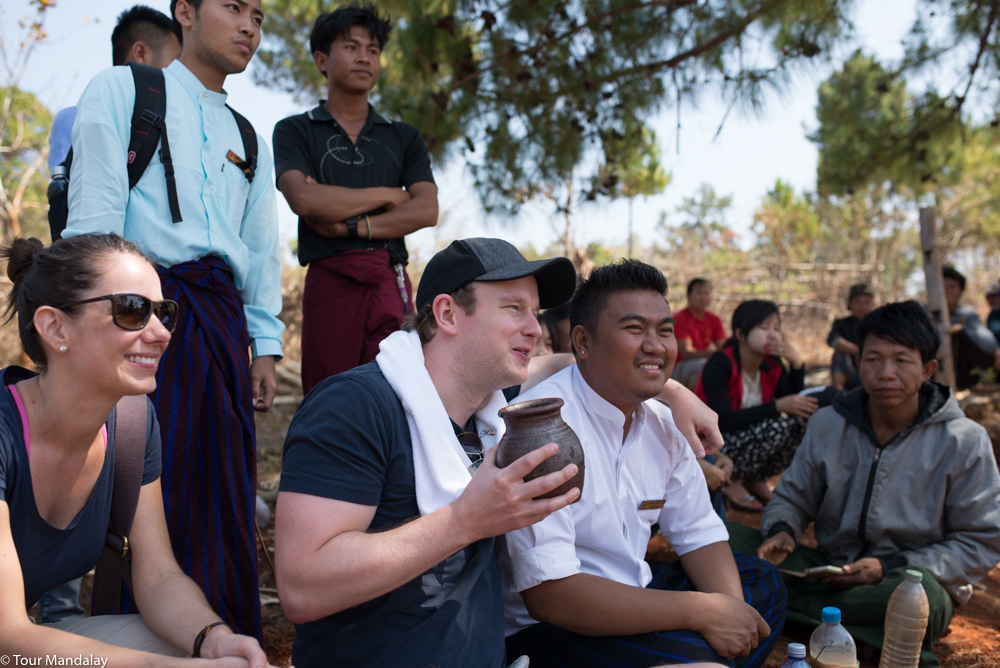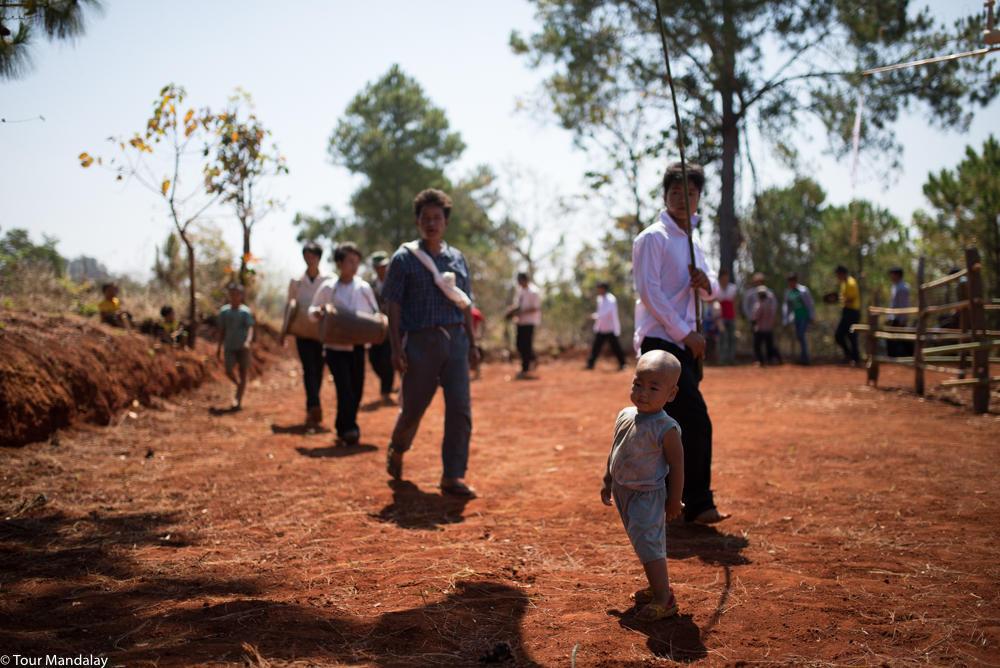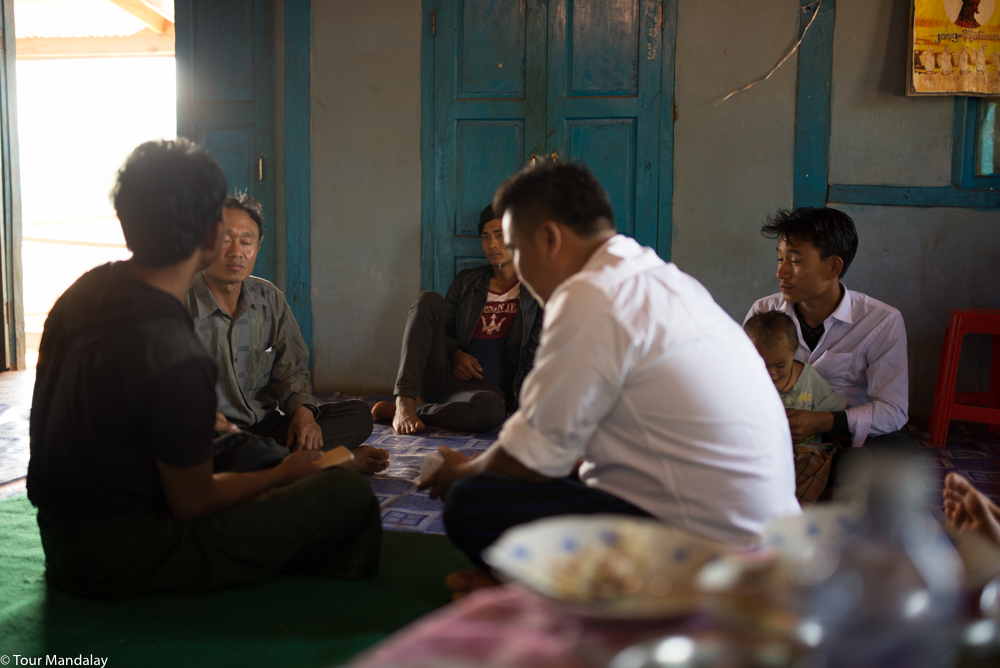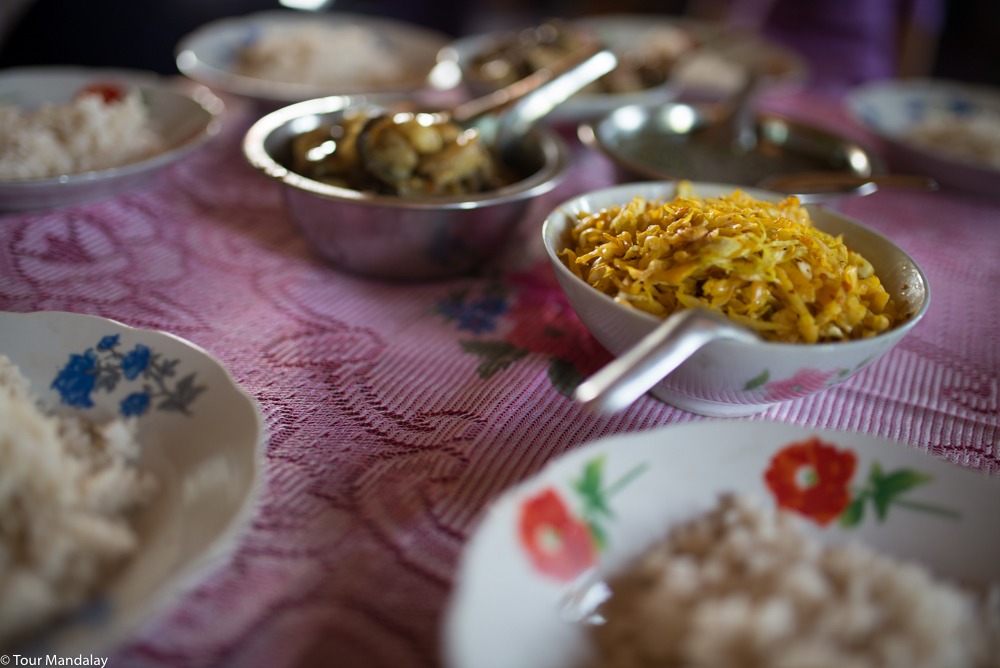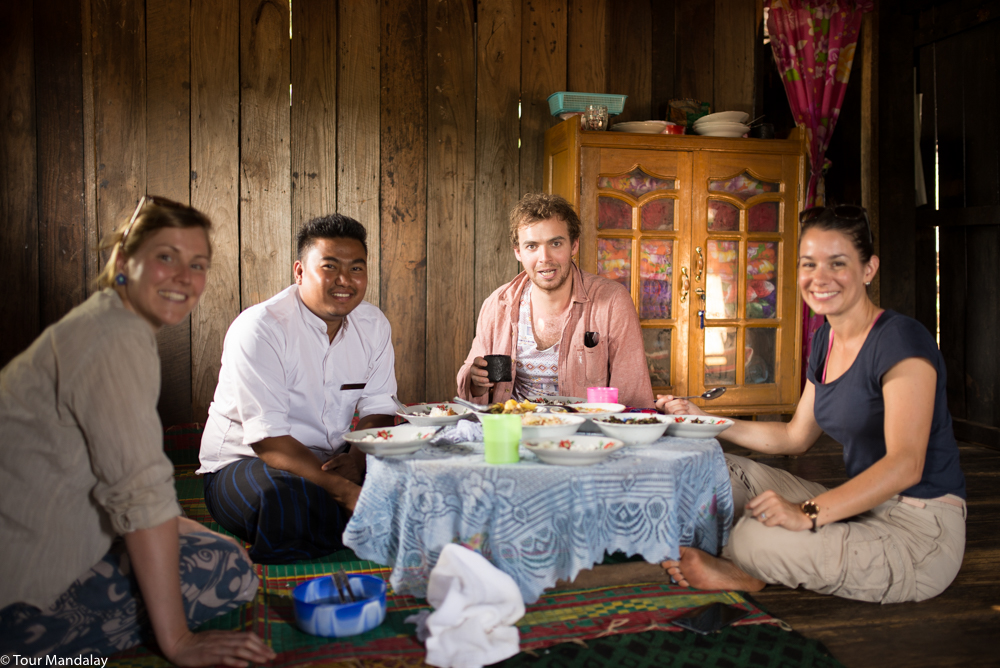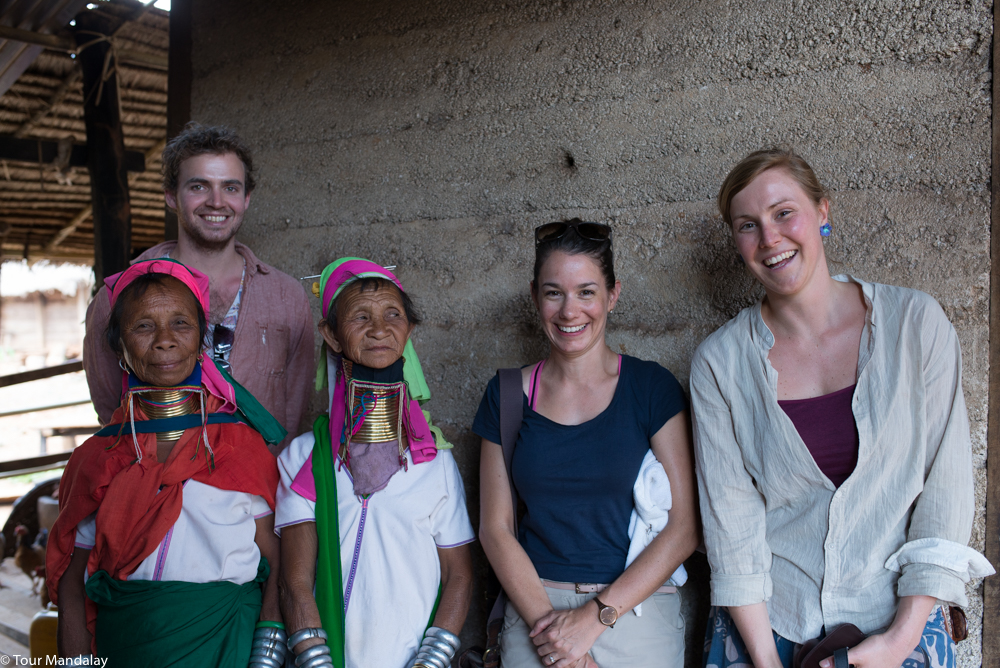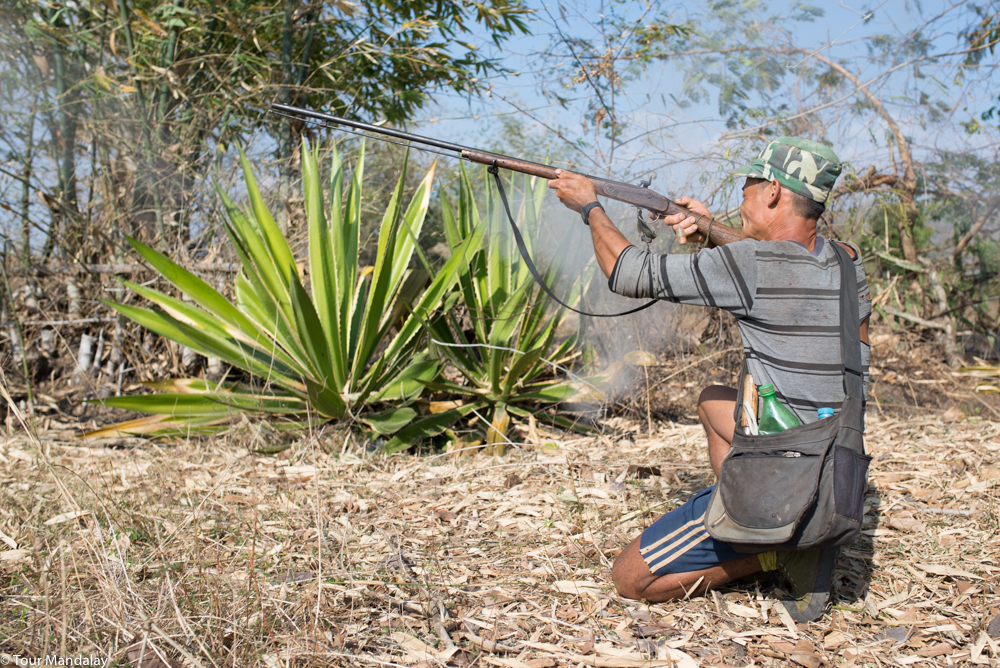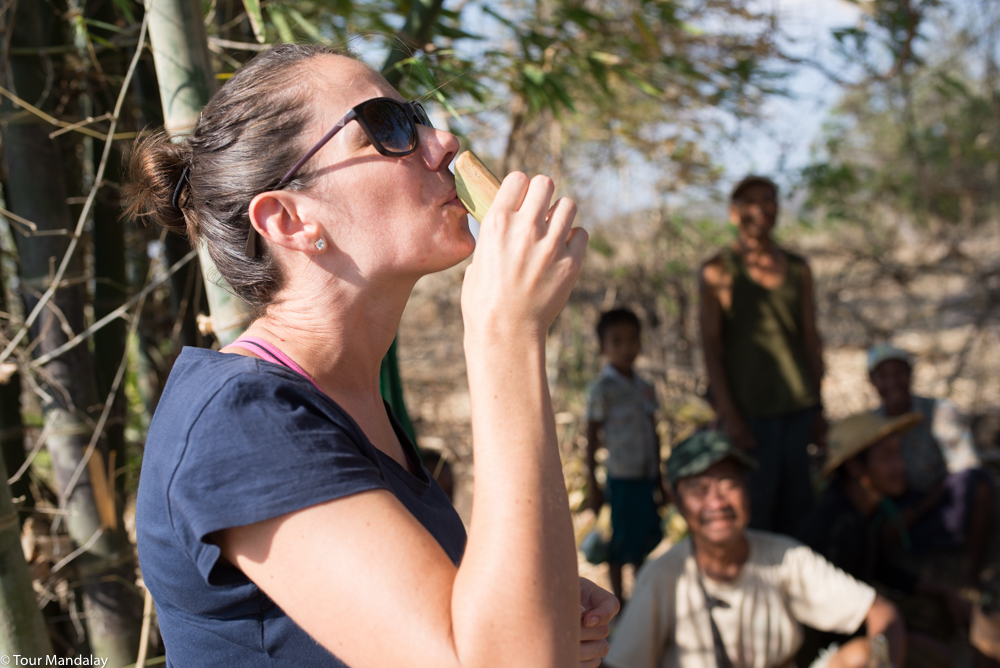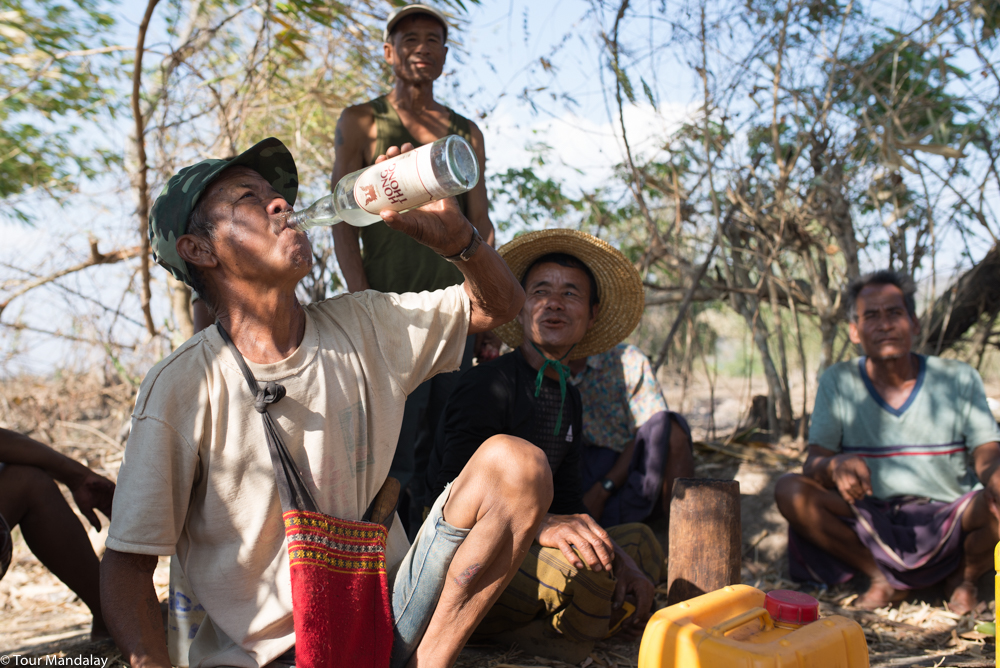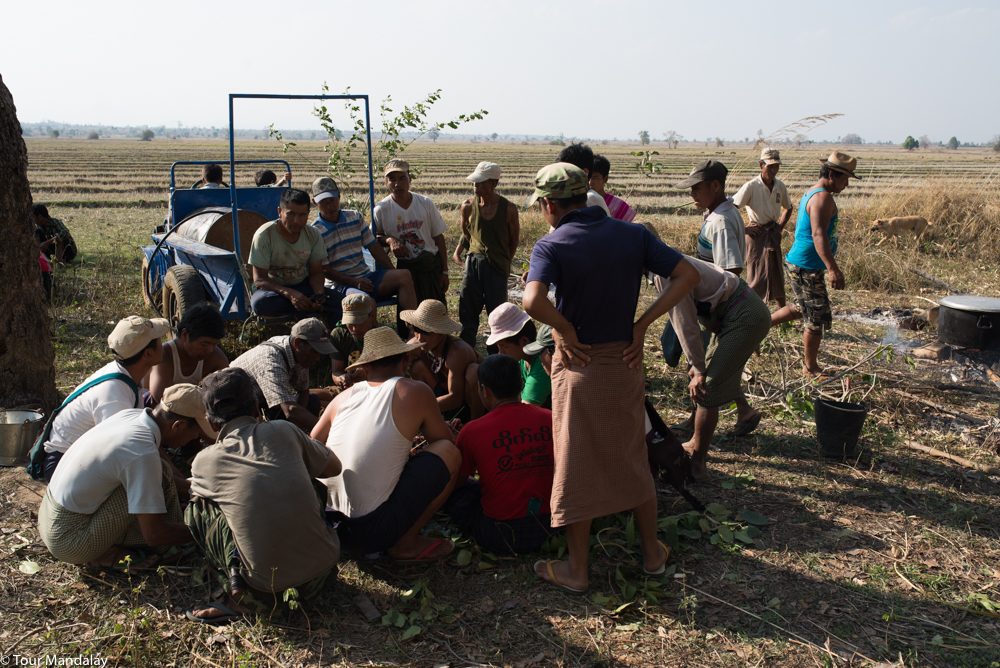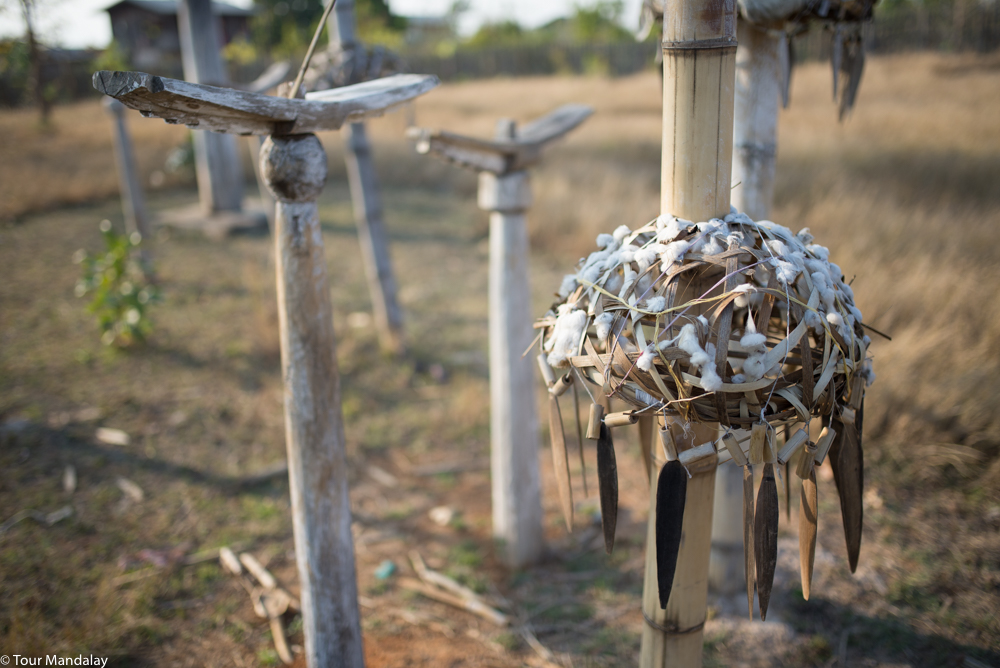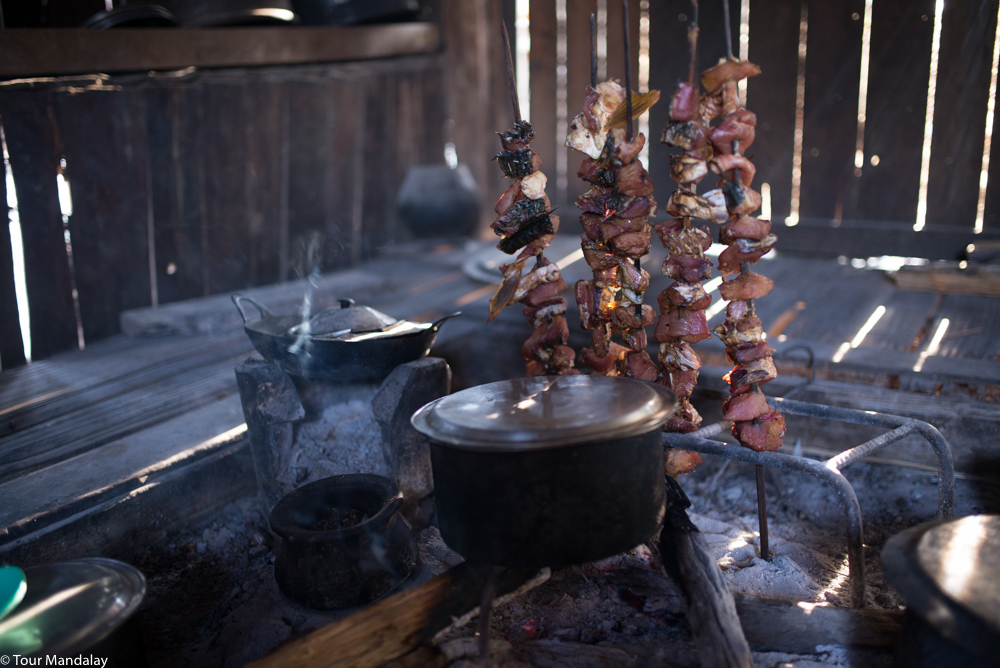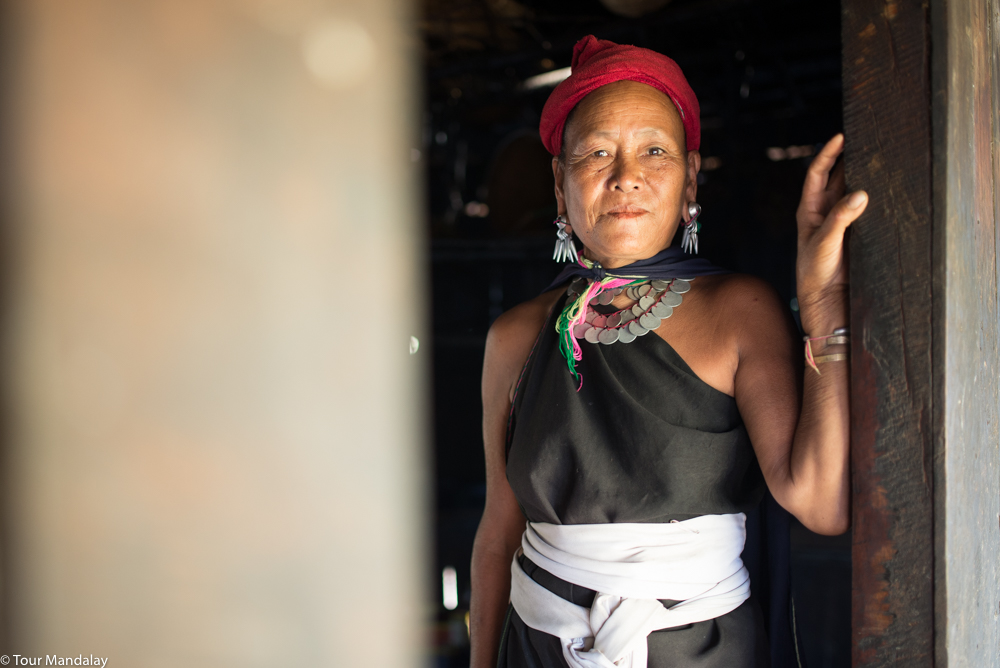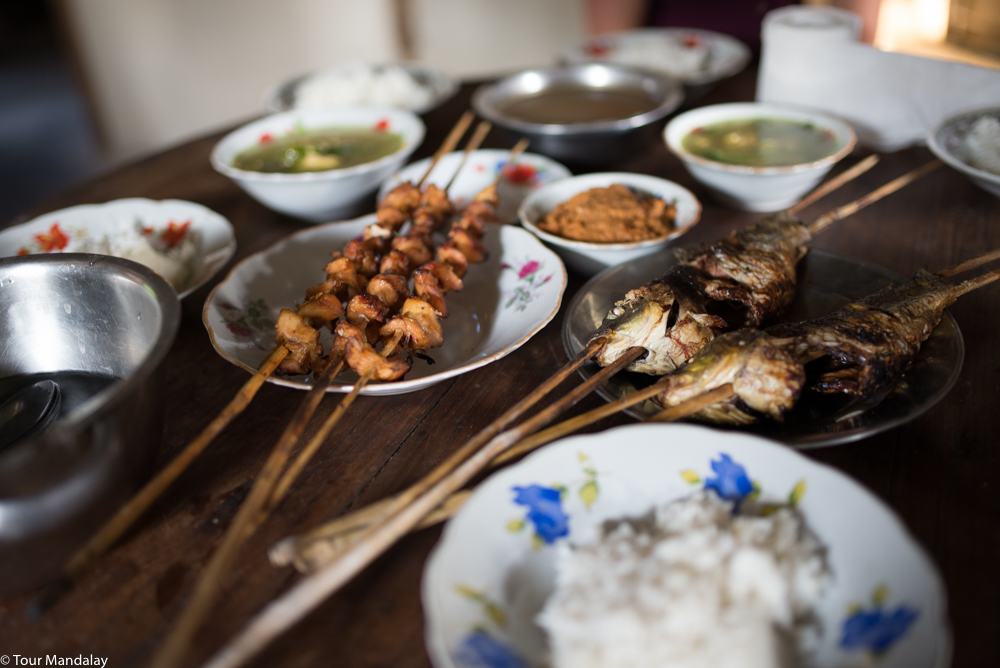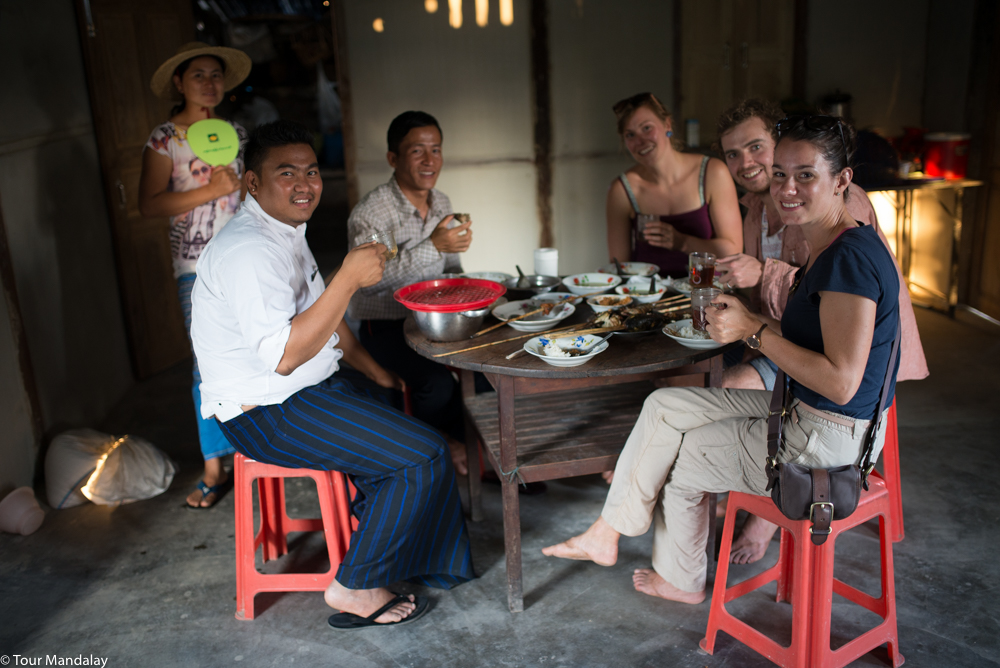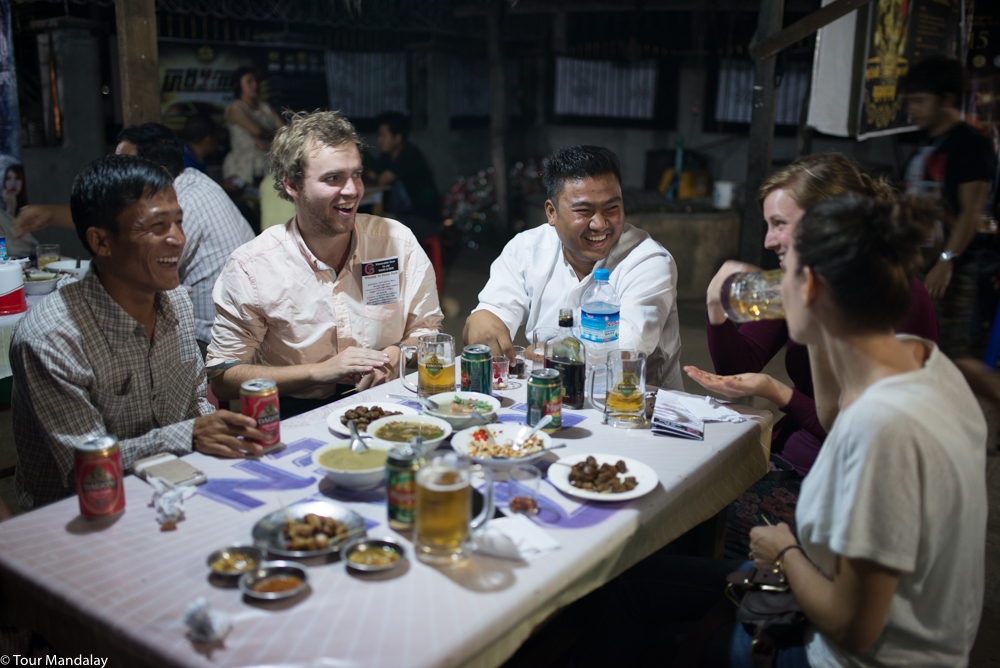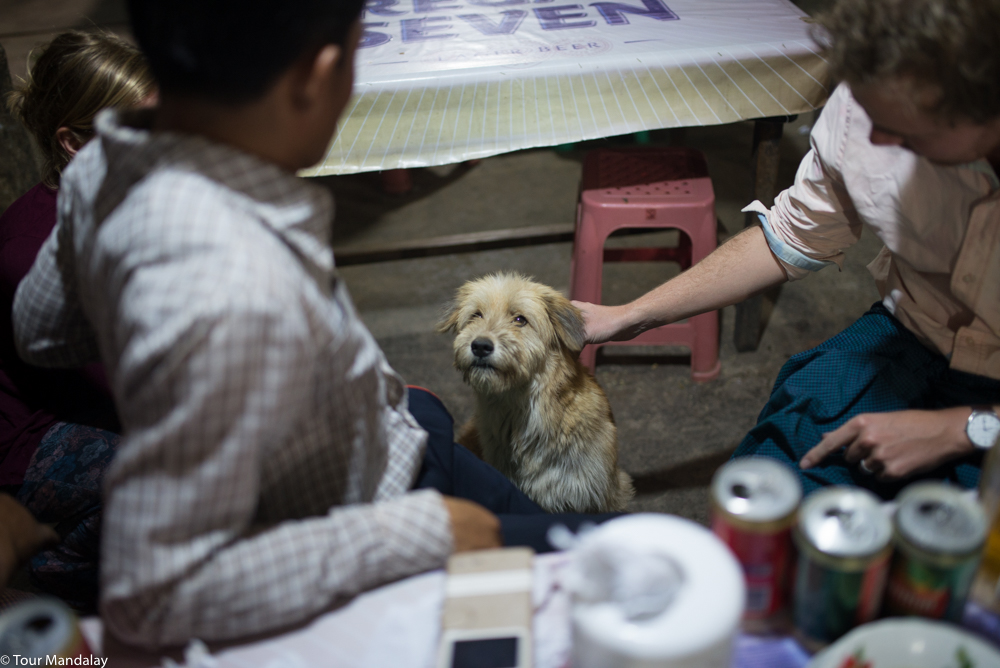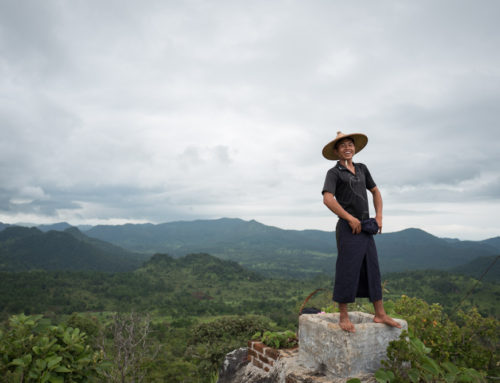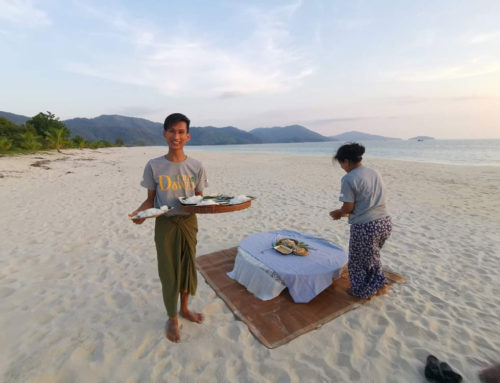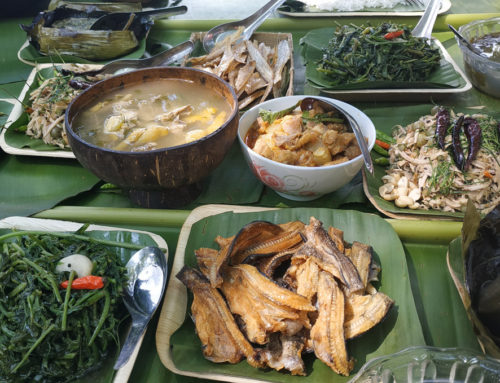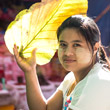With tourist arrivals to Myanmar set to skyrocket over the next few years, it is crucial that we start to think about both the immediate and long-term impact this change will have on the people and environment in question. As one of the country’s largest destination management companies, it would certainly be hypocritical of Tour Mandalay to suggest that tourism is a bad thing, but we do feel that more needs to be done to ensure this growth is sustainably managed and any wealth associated with this increase benefits the whole country, not just a fraction. In 2015 for example, tourism accounted for 5.9% of the country’s GDP, with the majority of that contribution stemming from mainstream destinations such as Yangon, Bagan, Inle Lake and Mandalay. With capacity arguably at breaking point, or close to it, it is essential that we start to think about developing destinations outside of the typical “Big Four”, which would in-turn provide major socioeconomic benefits to some of the country’s poorest and most inaccessible regions. Benefits such as the creation of jobs, development of new industry, more focus on quality education and hospitality training, improvements to infrastructure (houses, schools, vehicles, roads, rail, drainage etc), a boost in internet and mobile phone connectivity, access to a more reliable supply of water and electricity, avoidance of a “brain drain” effect, exposure to new culture, a renewed appreciation of traditional practice… the list goes on.
Due to the fragile nature of these typically more remote destinations, it is vital that any development is carefully managed and the community’s way of life is not compromised as a result. No thanks to issues such as poorly serviced accommodation and transportation facilities, a lack of experienced industry professionals, waste management problems and ethnic conflict, this is much easier said than done. Rather than rushing into create a slap dash community based tourism project solely for the purpose of “green washing”, we must seek to reach out, take advice and work closely with organisations that have experience in dealing with such sensitive developmental objectives. Organisations like the International Trade Centre (ITC) for example, who have a proven track record in stimulating socioeconomic development in remote regions through their Inclusive Tourism project. As per their website, “ITC’s approach to tourism focuses on increasing links to local markets, significantly expanding product offering to potential tourists, attracting investment and creating jobs at scale. The ultimate objective is to increase tourist arrivals and to maximize the sector’s contribution to sustainable development.”
At present, ITC is currently working its magic in and around Loikaw, the remote and sleepy capital of Kayah State. According to a report detailing their preliminary findings, ITC’s objectives include but are not limited to:
- Improving the quality of hospitality services
- Enhancing the skills of tourism-related entrepreneurs and community leaders
- Reducing the current environmental impact of tourism services
- Increasing the number of international buyers (tourists and tour operators) and their overall expenditure
- Improving accessibility, including airport runway rehabilitation and road access
- Taking sustainability consideration into account for Kayah State’s urban planning
- Ensuring priority is given to responsible tourism projects and social enterprise
- Protecting and valorising both natural and built environments
- Encouraging product development and diversification, which will lead to an increased average length of stay in tourism sites
- Creating an environment encouraging flows or visitors and expenditures (direct and indirect) to the benefit of local communities
- Creating an environment facilitating the conservation of both, the social fabric and the cultural heritage
- Rebuilding of social cohesion and limiting the migration of youth to Thailand
In order to realise these objectives, ITC have completed, or are in the process of carrying out the following activities:
- Facilitated roundtable discussions between public tourism authorities and private tourism operators
- Carried out a “sustainability standards” training programme
- Supporting the creation of a community owned restaurant and coffee shop with traditionally dressed waiters and waitresses, offering local food and products
- Creating community-led activities, with a focus on the integration of tourism into village daily life
- Develop cultural tourism beyond long-neck women, including commercial outlets and creative tourism activities
- Technical assistance for the creation of a community house
- Unique and exciting product development
Tour Mandalay recently had the pleasure of testing out ITC’s progress first-hand, through a Loikaw-based destination management company called 9 Generation Force. Our original plan was to test out some of the exciting new product on offer, for example, natural dyeing in Loikaw’s weaving centre, Kayah sausage making, jamming out to traditional Kayah music with local artisans, learning about the production of locals crafts and even wearing traditional dress. We managed to time our visit with an annual festival however, so it was unfortunately not possible for us to test these unique experiences for ourselves. Saying that, it wasn’t really unfortunate seeing as Tour Mandalay ended up being invited to take part in the the day’s festivities, an 8-hour action packed experience that involved drinking copious amounts of rice wine, feasting on bowl after bowl of tasty homemade cuisine, conversing in detail with village leaders, dancing around a sacred pole and even celebrating with locals on the back of a successful hunt. Rather than bombard you with more text, please find below a gallery of images, which we feel best shows off our lucky encounter.
Although Tour Mandalay have plenty of experience when it comes to operating tailor-made tours in and around the Loikaw area, in order for this project to succeed, it is important that we lend our support to these smaller, locally owned operators (such as 9 Generation Force). By doing so it will help to create new job opportunities, encourage training (e.g. guiding, health and safety, hygiene, technology), stimulate targeted investment, allow for region-specific information sharing, strengthen social cohesion, ensure the creation of authentic product and most importantly, it will help to avoid any awkward or intrusive situations between tourists and locals (the locals will feel much more comfortable knowing that the company/guide has a history of operating in the area).
For those interested in getting behind what is arguably Myanmar’s best managed community based tourism project, we would like to suggest that our existing partners and direct clients allow Tour Mandalay to book indirectly through one of these locally based partners. Although the project is still in its infancy and we cannot necessarily guarantee the same standard of guiding and vehicles (it is a region in the early stages of development after all!), we truly feel that our combined support is vital for the overall sustainability of this project. Although it might be necessary to make a compromise in some areas, you certainly won’t when it comes to enjoying one of the most authentic and responsible tourist experiences Myanmar has to offer.
If you are keen to lend your support and take part in this ITC recognised CBT project, please be sure to get in touch with Tour Mandalay by writing to info@tourmandalay.travel.

